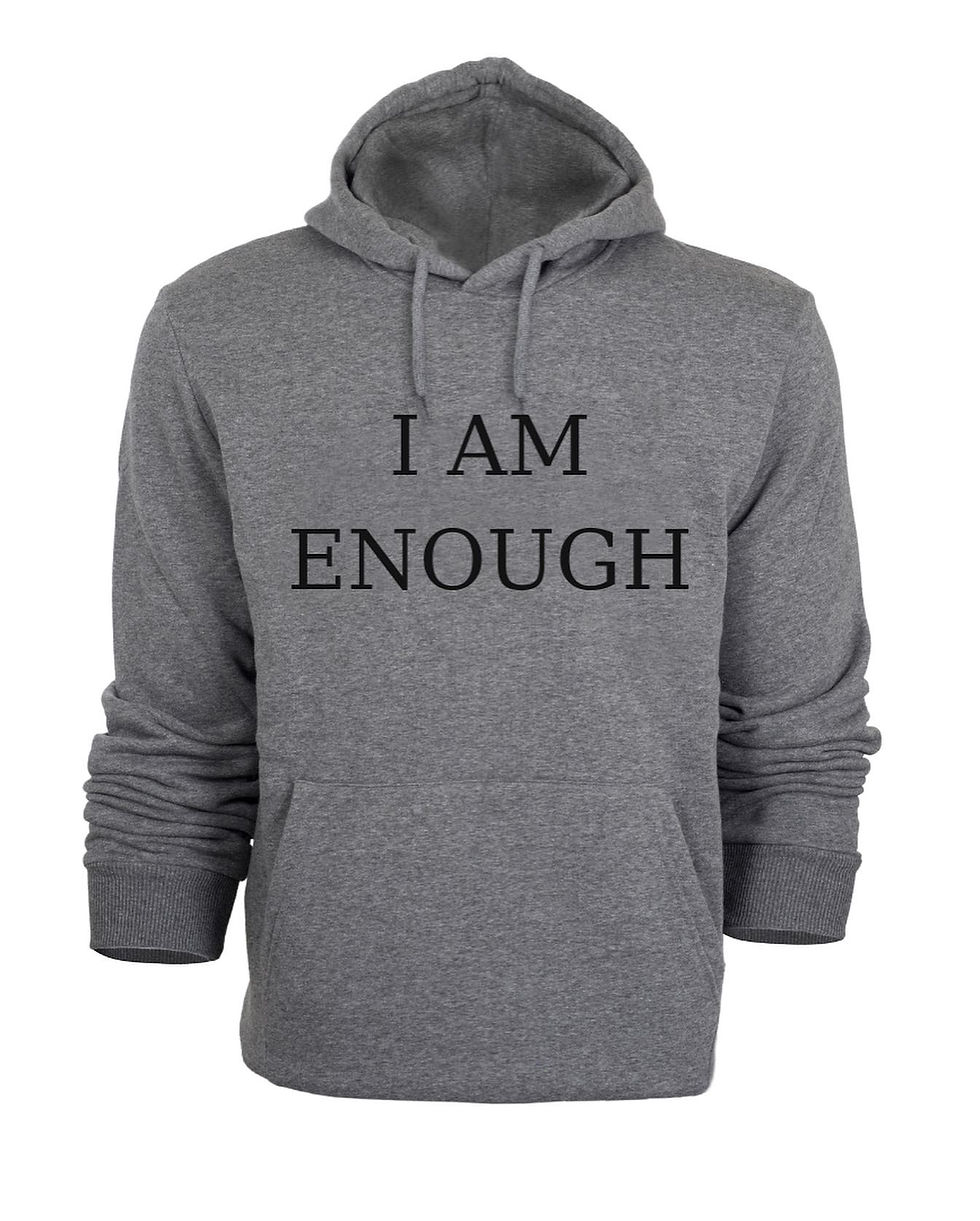Is Mental Health Social Justice?
- Tee

- Oct 15, 2021
- 2 min read
The Mental Health is Social Justice collection is a relevant piece for the times that we are currently in. As Social Workers, it is our ethical responsibility to promote social justice and social change with and on behalf of clients. We fight to elevate people even when they don’t even know they are in trouble.
Currently, there is an influx of attention on the benefits of Mental Health. With high-performing athletes like Simone Bile’s putting their mental health first, or even radio personalities like Charlemagne making Mental Health a commonplace conversation, Mental Health has become a priority. In addition to the stressors of covid and racial injustice, it’s clear we need therapy, self-help, and self-care.
As a professional in the field for over 15+ years, I can attest that therapy and ongoing training about mental health is essential to our well-being. However, what isn’t is the disparities in the access to services. We don’t talk enough about how hard it is once you take that first step to get help to navigate the seemingly impenetrable process of locating a therapist that looks like you or finding mental health support period.
What folks are hearing instead:
“We no longer accept your insurance.” (Because insurances underpay and make it complex to receive reimbursement for services, as well as cap the number of providers per area. Guess who gets left out of the cap?).
“We have a 3-6 month waitlist.” (Because we do. We can only see one body at a time, and Black Mental Health Professionals are underrepresented in the workforce. We should probably be on the at-risk for extinction list as a protected class).
“We don’t have a bed. You’ll have to take your psychotic husband home and pray his paranoia doesn’t kill you”. (Because covid has reduced bed capacity).
. . .crickets because therapists don’t have the capacity to meet the demand or answer the phone.
So what do we do?
As a human in need of help, please don’t give up and know it’s not you. There is more demand than supply, which means calling more often and being patient with the process.
As Social Workers, we will continue to advocate for you because Mental Health is Social Justice, and you deserve to find the support you need after you’ve made the brave step to ask for help.
If you are Social Worker and wondering what else you can do to alleviate this issue and respond to the crisis of access to services for people of color, join us on 10/19/21 for Sound the Alarm: The Crisis of Mental Health in Communities of Color.
This is a virtual continuing education training event facilitated by three dynamic women of color in conjunction with Molloy College.
Open for all helping professionals with continuing education credits offered.
Register here: https://bit.ly/3jDWonC
Amanda Fludd, LCSW-R is an adjunct professor, Mental Health Consultant, Coach and owner of Kensho Psychotherapy Services in NY. You can learn more about her work here.



Comments